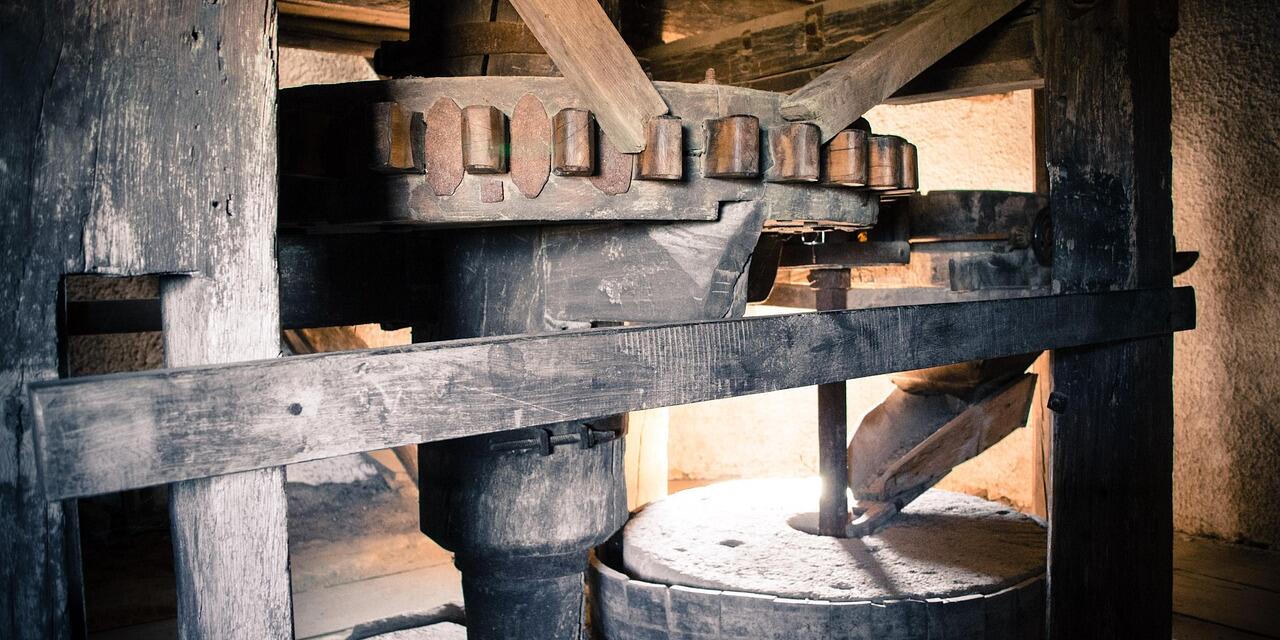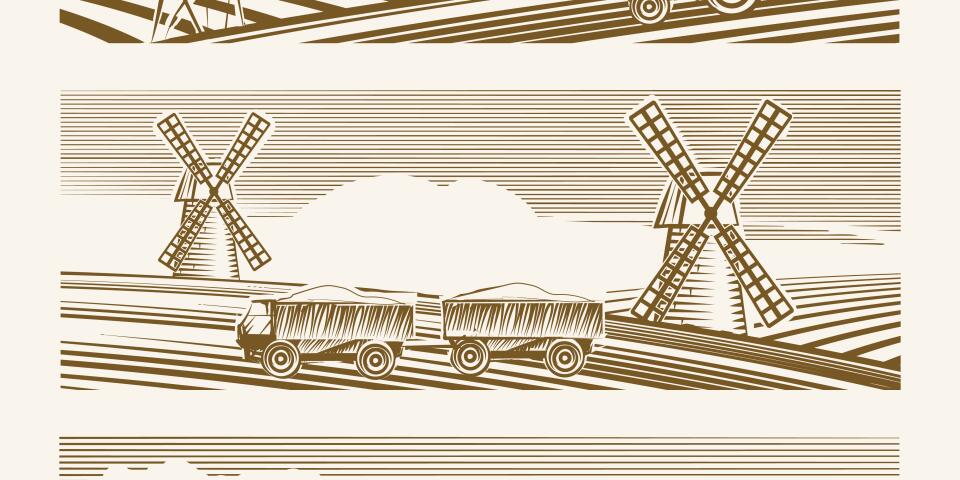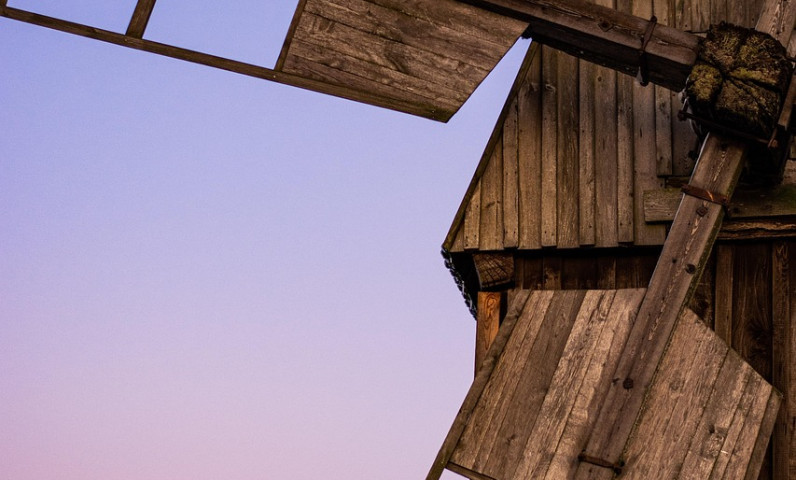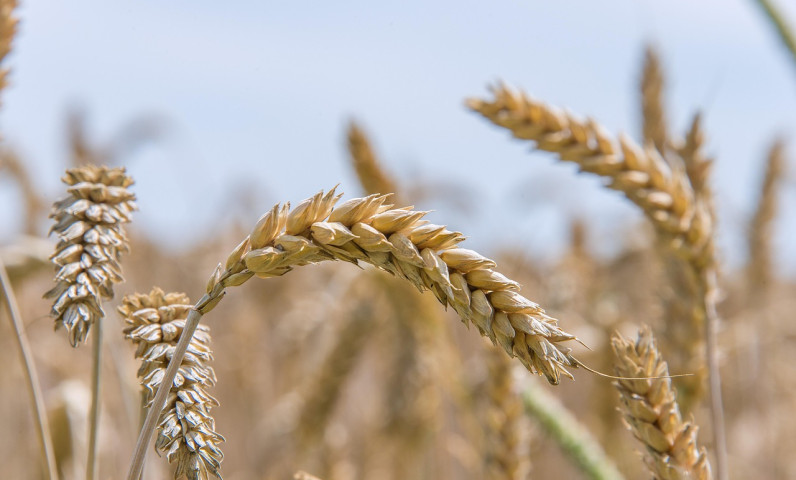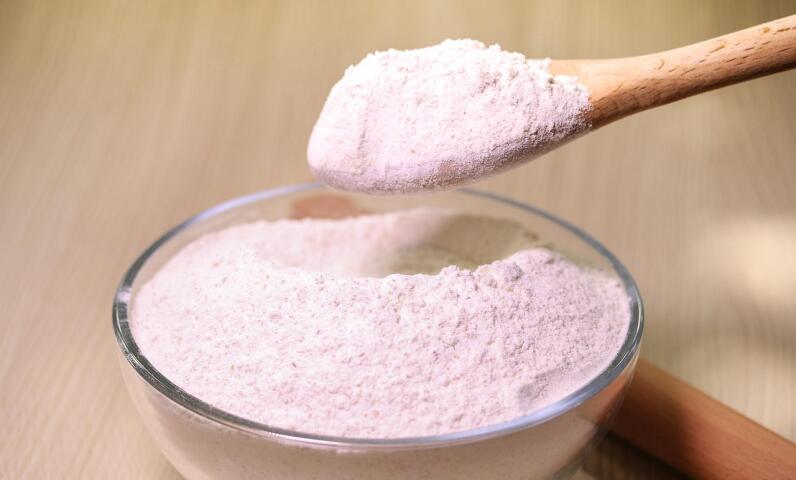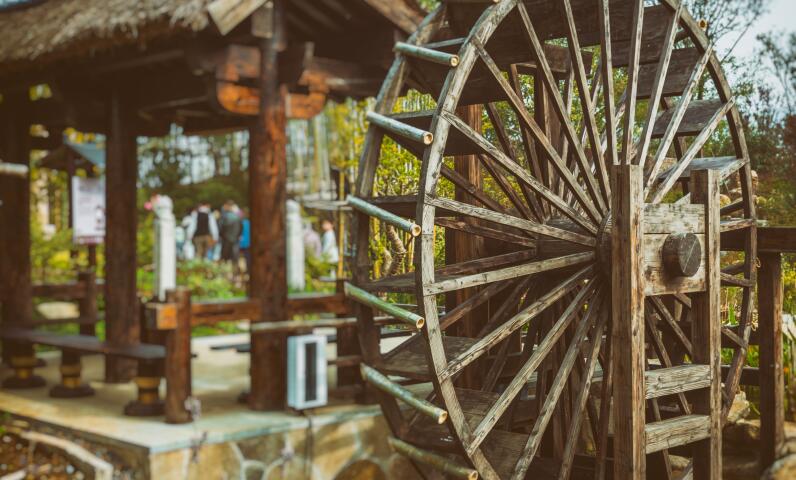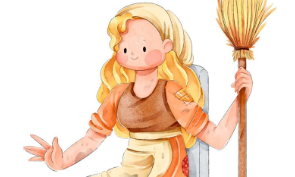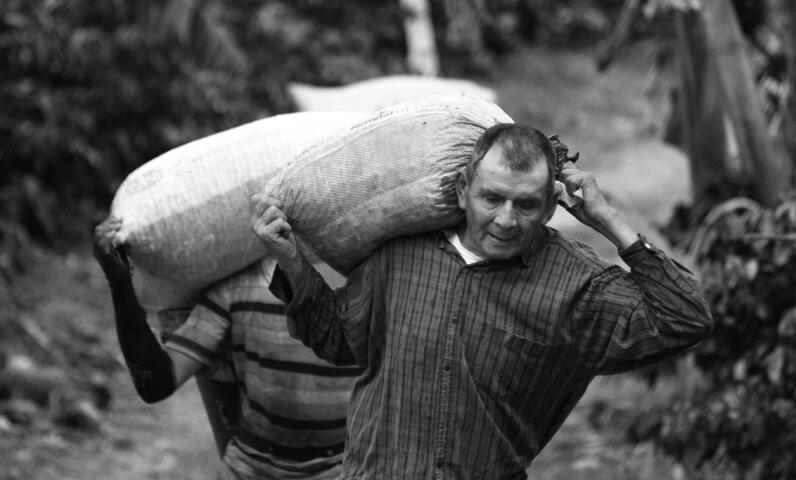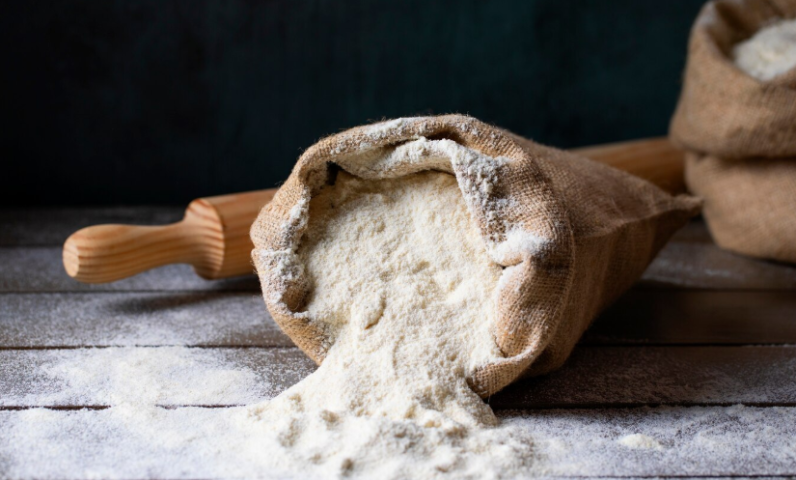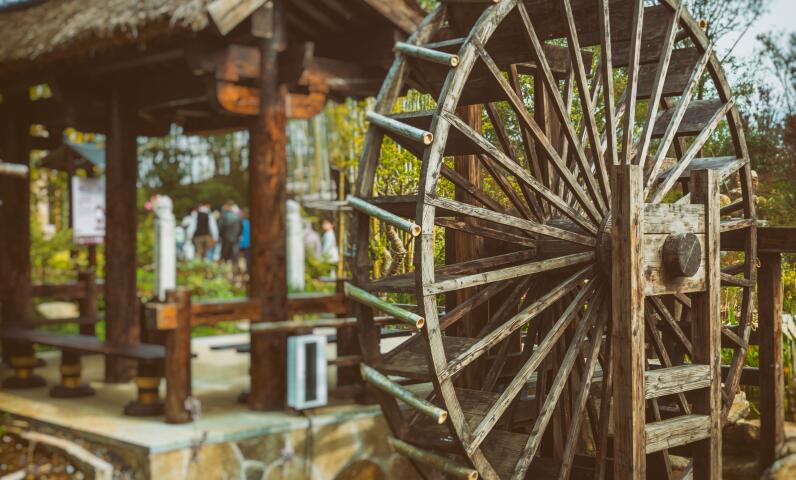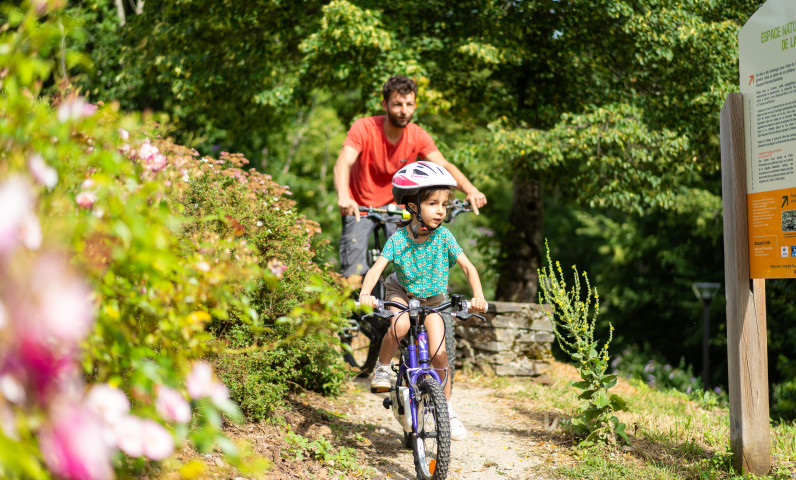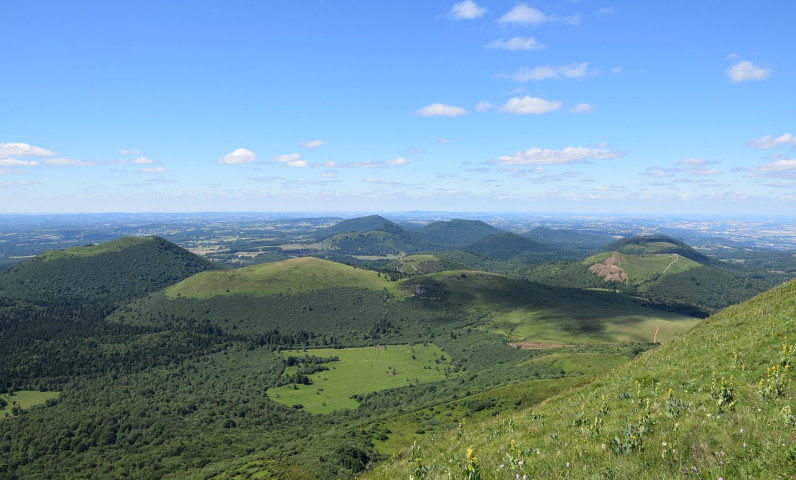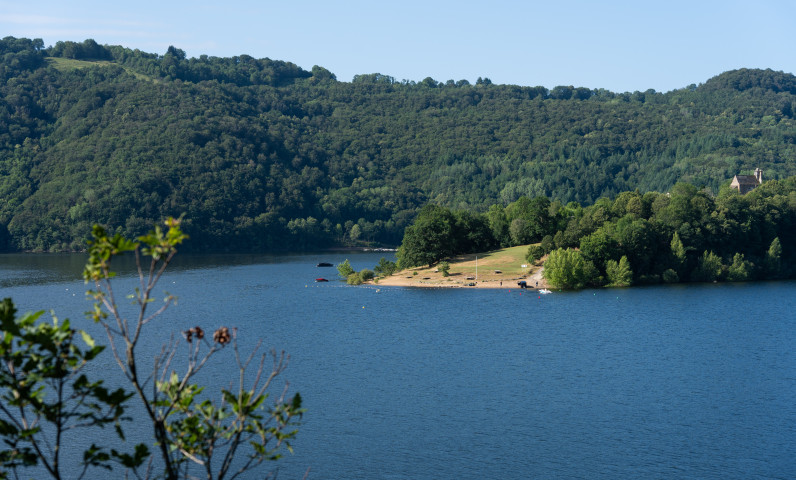The art of mills also reflects a deep understanding of natural resources and their sustainable management. Each mill was carefully situated in harmony with its environment, harnessing the power of rivers or prevailing winds without depleting them. The millers, true guardians of heritage, adapted their techniques according to the seasons and local specificities, ensuring a delicate balance between production and respect for nature. This ancestral know-how illustrates the intimate relationship between humans and their environment, where innovation and tradition come together to shape a unique rural landscapes.
Visit the Burée Mill during your stay in Aveyron
Discover the Burée Mill Museum: A Journey into the History of Milling
The Burée Mill: A Living Witness of Local Heritage
The Burée Mill Museum offers a fascinating journey through the history of milling and the French baking tradition. Nestled in Brommat (12600), on the banks of the Siniq River in the Carladez region, this exceptional site combines an 18th-century mill (around 1771) and a flour mill in operation until 1956–1976.
Today, it is the only remaining mill among about sixty that once existed in the region. Classified "Obseco-frequentation," it provides a unique immersion into an ancestral craft, showing how wheat is transformed into flour, which is then used to make bread, specialty breads, brioche, cakes, biscuits, pastries, and other artisan bakery products.
Rescue and Restoration
Restored and opened to the public in 2006 thanks to the "Au fil de l’eau" association and the local municipality, the Burée Mill has regained its original soul. Despite the floods of the Siniq, its authenticity was preserved.
Historically, it also served the monks of Conques, who came to grind wheat flour. The renovation, carried out by passionate individuals, allows the mill to come alive again as a symbol of the union between cereals, artisanal know-how, artisan bakers, and rural traditions.
A Dive into the Bakers’ World
The museum honors bakers and bakeresses, guardians of the baguette, specialty breads, brioche, and cakes. Visitors learn the importance of the millstone, the flour mill, old windmills, and wind-driven mills, which all contributed to the history of bakeries and organic agriculture.
It is also a living place where one can understand the nutritional value of vitamins and cereals, as well as the richness of products from animal and artisan farming.
Visits, Activities, and Accessibility
- Guided tours from May 1 to October 31, 2025
- May, June, September, October: guided tours 2 PM – 6 PM (by reservation)
- July–August: open daily except Wednesday, with specific times
- Special events: Children’s Tuesdays during summer
Prices : Adults €5 and free for children under 12
Facilities:
- Accessibility for disabled visitors
- Picnic area, shop, parking (including coach)
- Pets allowed
- Temporary exhibitions
Animations and Social Life
The “Au fil de l’eau” association, chaired by Jean-Pierre Pagès, organizes:
- Guided tours and themed activities
- Children’s workshops (e.g., painting wooden fish to place along the trail)
- Audio-guided walks around the site
Every summer, nearly 2,000 visitors enjoy this site, which celebrates bakers, pastry, specialty breads, brioche, cakes, biscuits, the flour mill, and the entire world of bread and flour.
Did you know?
A funny anecdote about the mills comes from the story of the millers, who were often perceived as somewhat mysterious characters. It is said that in the Middle Ages, millers had a reputation as "magicians of the grain." Not only did they turn the harvest into flour, but they were also often suspected of "stealing" a small amount of the harvest, which they took in secret during the milling process. This gave rise to an old joke popular among the peasants:
"If you want to lose your wheat, go to the mill, but if you want to keep your money, take it to church!"
The millers thus had a bit of an image as cunning characters, but also indispensable, because without them, bread, the main food of the time, would have been very difficult to obtain. Fortunately, this "magic" of the mill was only humor, and the millers generally respected the rules, even if their profession was anything but boring!
Information
Guided tours of the Moulin de Burée Museum are available by reservation from March 30 to June 30, 2024. In July and August, visits are without reservation on Mondays, Tuesdays, Thursdays and Fridays. It is also possible to book for other days, provided that you give 48 hours notice.
For information on events, special dates or holidays, contact JP Pages at 06 30 96 34 87.
Route: From the Laussac Peninsula to the Burée Mill Museum
To reach Mur-de-Barrez from the Presqu'île de Laussac, follow these directions:
- From the Presqu'île de Laussac, return to Thérondels by taking the D18.
- In Thérondels, take the D926 towards Mur-de-Barrrez.
- Continue on the D926 for about 15 kilometres until you reach Mur-de-Barrez.
The journey takes about 20 minutes and covers a distance of about 20 kilometres.
